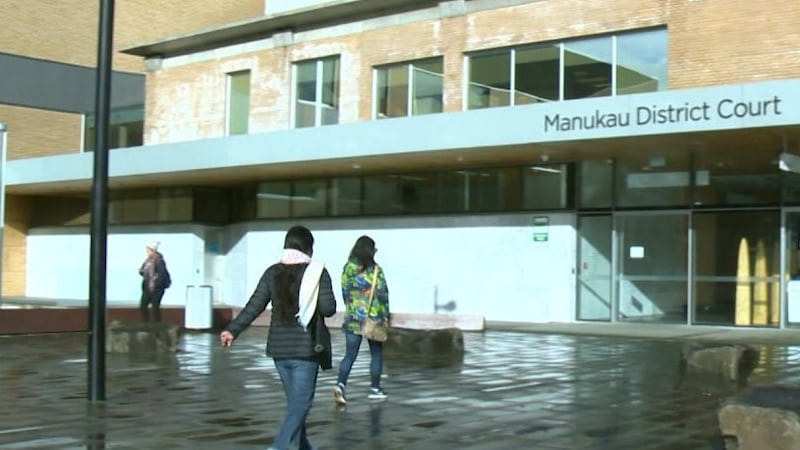Otago University Law Professor Jacinta Ruru says the results of a survey conducted amongst legal professionals, students, iwi and hapū gives hope for a more nuanced legal system in the future.
Ruru says those results give her confidence Aotearoa can mature, and create a much more just legal system.
“There was a legal system that was operative here in Aotearoa for hundreds of years. Our first laws in this country can help and sit alongside our Western inherited legal system to help find some really nuanced, sophisticated solutions that really make sense for us here in Aotearoa.
“By enabling our law students and our legal profession to have a deeper understanding of Māori law, Māori society Māori language is I think going to create a much more just legal system.”
Ruru, who co-authored the study. is excited by the potential changes, and the organic nature of transformational change in society in general, as more and more people, turn to reo Māori classes, and private and public organisations embrace te ao Māori.
“We need to grasp and welcome that change but build in that structural and systemic change so that we know it’s going to have a sense of permanency, that it’s going to be real, and that it is going to be safe for our staff, for our students. That it’s going to have some integrity and make sense with mana whenua.”
To get there, Ruru says, the country’s law schools need to adapt and modernise.
“Walking into a law school should look and feel different. It shouldn’t just have the old Pākehā judges and their portraits lining the corridors. We need to be able to see Māori law present in our law schools.
“There are some exciting things that can build from this survey, and help move our law schools and our legal profession in a way that’s going to really create some really positive change for this country.”
Māori law is already influencing society, Ruru believes, and the results of the survey only help push the case of the 18 Māori legal researchers involved in the project to create a recognised bi-jural legal system, where Māori customs and practices are formally adopted side by side with western laws.
“People see rāhui being placed around the country, and there's a really general acceptance of how a rāhui works. More broadly, we really seeing our Māori values like mana, whanaungatanga, starting to come through a whole array of court cases now, from family to criminal, to commercial. Māori law is starting to influence our legal system, and our judges are really receptive which is really exciting.”

